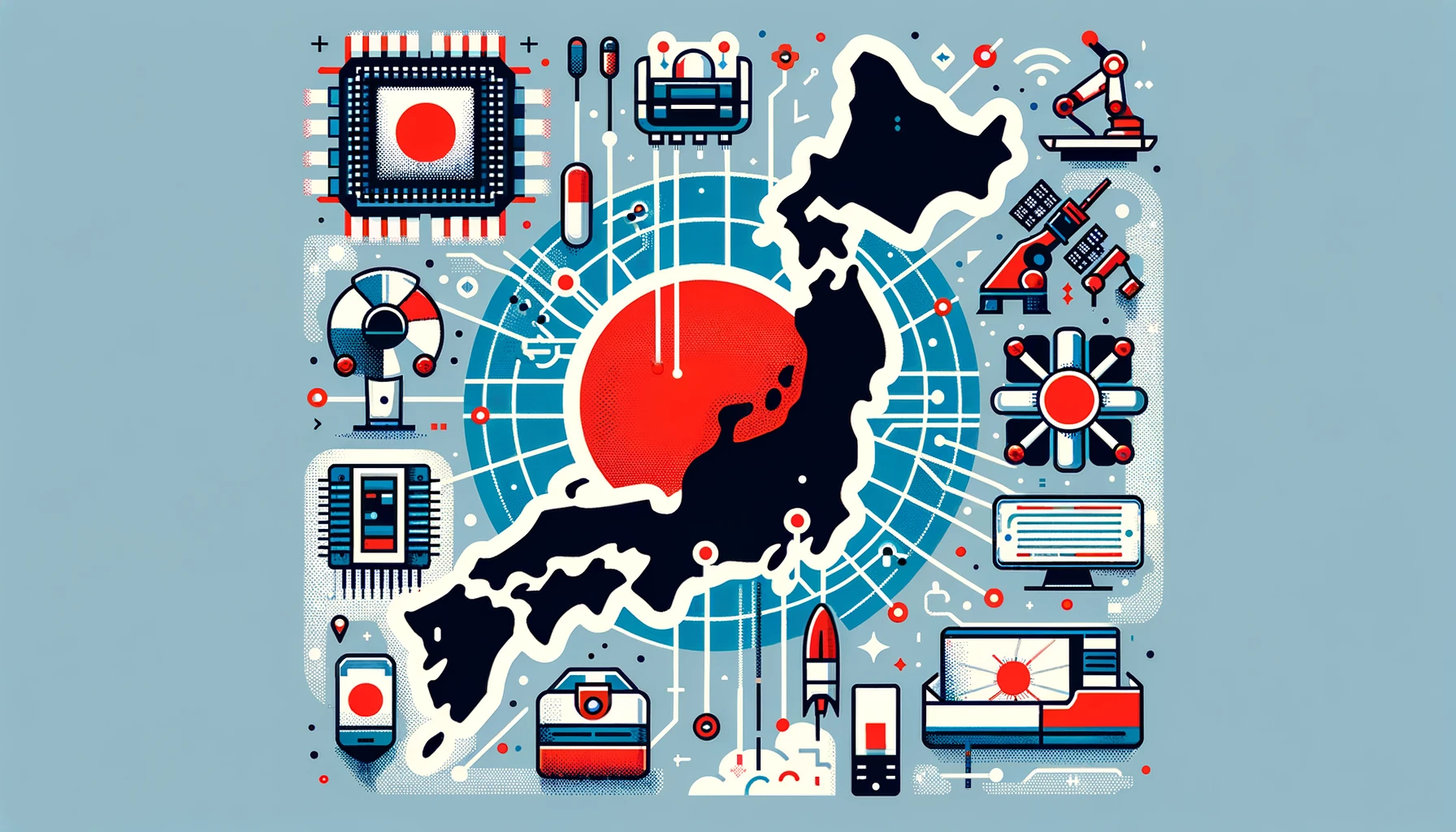
In an ambitious bid to recapture its prominence in the global technology arena, Japan is embracing sweeping investments from both domestic and international giants. These ventures aim to position the nation as a formidable competitor to China by spearheading rapid innovation in key tech sectors.
Major U.S. technology firms are channeling billions of dollars into developing artificial intelligence (AI), cybersecurity, and semiconductor manufacturing in Japan. This country once led the global hardware industry during the 1980s and is now poised for a significant resurgence.
- Google’s Cyber Defense Initiative: Last month, Google inaugurated a regional cyber defense hub in Japan, bolstering the country’s capabilities in addressing cybersecurity threats.
- Amazon Web Services Expansion: Amazon has committed $14 billion to enhance Japan’s cloud infrastructure, a move that underscores the country’s growing importance in global tech supply chains.
- Microsoft’s AI Investment: Microsoft has recently pledged $2.9 billion to augment AI research and development in Japan. This initiative includes partnering with ChatGPT-maker OpenAI, aiming to train three million Japanese in AI applications.
According to Khos-Erdene Baatarkhuu, CEO of fintech firm AND Global, geopolitical tensions have made Japan an increasingly attractive and stable alternative to China. He noted that Japan’s tech sector, which had fallen behind due to a slower adaptation to digital and mobile trends, now has a golden opportunity to leap forward with supportive government policies and dynamic startups.
Despite these optimistic developments, Japan still faces significant hurdles:
- Global Digital Competitiveness: Japan is currently ranked 32nd in the global digital competitiveness index by the IMD business school, indicating room for considerable improvement.
- Startup Ecosystem: Out of more than 1,200 tech unicorns globally, only seven are Japanese, as per CB Insights. This statistic reflects the need for a more nurturing environment for high-value startups in Japan.
Experts like Baatarkhuu criticize the traditional corporate culture in Japan for being too risk-averse and hierarchical, which could hinder rapid innovation essential in the tech industry.
Overview of Japan’s Recent Tech Investments
| Company/Entity | Investment | Focus Area |
|---|---|---|
| Microsoft | $2.9 billion | AI development and training |
| Amazon Web Services | $14 billion | Cloud infrastructure expansion |
| TSMC | $28.6 billion total | New semiconductor facilities |
| Not disclosed | Cyber defense hub | |
| Japan (Government) | 3.9 trillion yen | Semiconductor subsidies |
In response to the global semiconductor shortage and geopolitical pressures, Japan has invested heavily in reviving its chip manufacturing sector. Taiwanese semiconductor giant TSMC has played a significant role, opening a new $8.6 billion facility in southern Japan with plans for an even larger $20 billion plant for advanced chips. Prime Minister Fumio Kishida recently visited the new TSMC plant, expressing optimism about the renaissance of Japan’s semiconductor industry.
The recent summit between Prime Minister Kishida and U.S. President Joe Biden emphasized the collaborative effort to strengthen global semiconductor supply chains and develop other critical technologies. This partnership highlights the strategic alliances Japan is forging to secure its place at the forefront of tech innovation.
- Massive Investments: Japan is experiencing significant infusions of capital into AI, cybersecurity, and semiconductors.
- Geopolitical Advantage: Amidst rising tensions with China, Japan is viewed as a stable and reliable tech partner.
- Corporate Culture Challenges: To truly lead in tech innovation, Japan may need to overhaul its conservative corporate culture.
As Japan stands at a critical crossroads in its technological journey, the combined efforts of government support, foreign investment, and strategic partnerships are crafting a new narrative for the nation. With its eyes set on reclaiming a leading position in the tech world, Japan is not just awakening to the challenges of the digital age but is actively shaping its future as a global tech leader. As Masayoshi Son emphatically puts it, it’s time for Japan to “wake up” and embrace the evolution.
Related News:
Featured Image courtesy of DALL-E by ChatGPT
